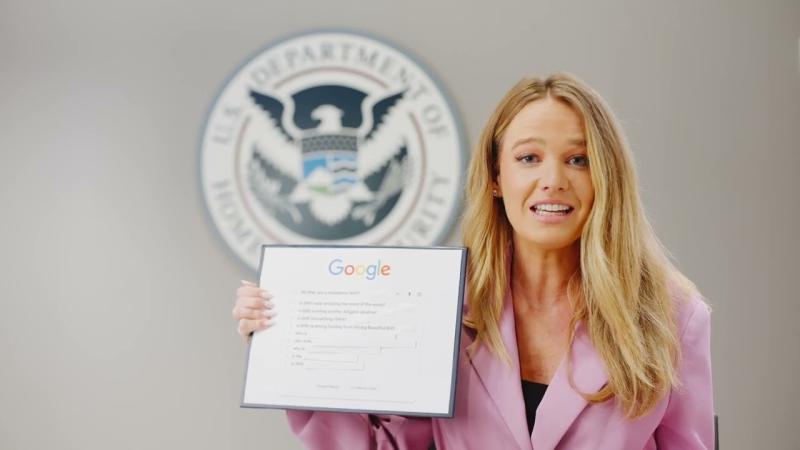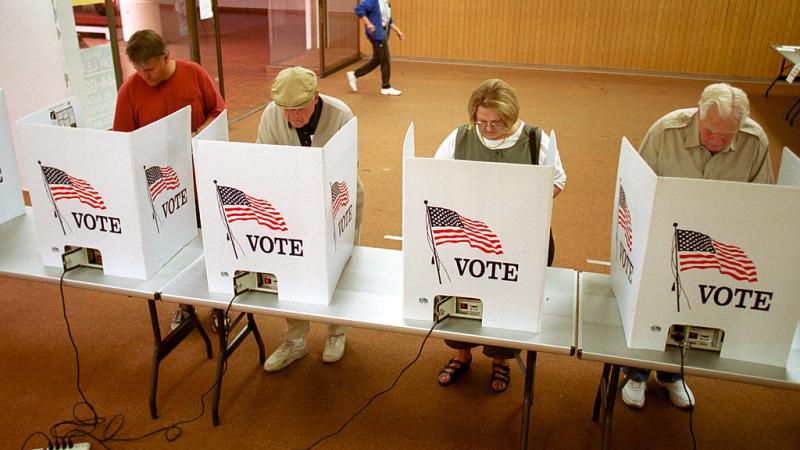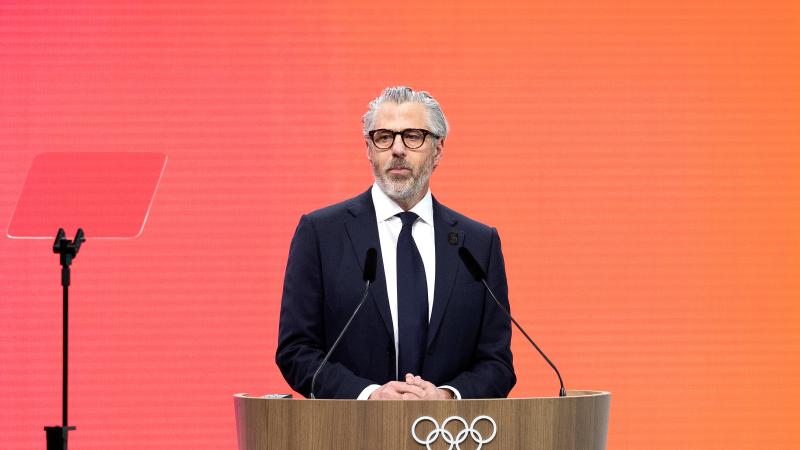Weaponized sugar pill? Homeland ends controversial and costly Quiet Skies domestic spying program
After 15 years, Noem’s action puts an end to a program that cost an estimated $3 billion to taxpayers while potentially violating their privacy.
On Thursday, Department of Homeland Security Secretary Kristi Noem announced via social media that the Transportation Safety Administration (TSA) is ending the pricey and oft-politicized Quiet Skies program.
"Today, I’m announcing TSA is ending the Quiet Skies Program, which since its existence has failed to stop a SINGLE terrorist attack while costing US taxpayers roughly $200 million a year," she wrote in a press release.
The Quiet Skies program, an initiative that began in 2010 and was officially launched in 2012 by the TSA, has sparked debate over its secretive monitoring of domestic air travelers deemed to be potential security risks.
Originally intended to identify and track individuals who may pose threats to aviation, the program relied on behavioral analysis and data collection, often without passengers’ knowledge. Critics have long argued it raised privacy concerns and lacked transparency, while supporters have claimed it was a vital tool for ensuring safety in an era of evolving security challenges.
Agency used program as political tool
Noem went on to say, "DHS and TSA have uncovered documents, correspondence, and timelines that clearly highlight the inconsistent application of Quiet Skies. The program, under the guise of “national security,” was used to target political opponents and benefit political allies of the Biden Administration."
Noem also said that she is calling for a full Congressional investigation to examine corruption within the program.
Perhaps the most well-known case is that of Director of National Intelligence (DNI) Tulsi Gabbard. Gabbard, a decorated Army Reserve veteran who served in Iraq and Kuwait, and was later elected to the House of Representatives from Hawaii, was placed on the program's watchlist in July 2024, prompting widespread controversy over allegations of political retaliation.
Gabbard said on X that "I was put on a secret terror watch list after I publicly criticized [Kamala Harris]. No one will be safe from political retaliation under a Harris administration. I put my life on the line for this country. Now the government calls me a terror threat."
Both she and her husband, Abraham Williams, faced extensive screenings, with boarding passes marked “SSSS” for Secondary Security Screening Selection, which lasted up to 45 minutes per flight. Gabbard publicly condemned the surveillance, stating it caused her to “always be looking over my shoulder,” and described it as a betrayal of her 21-year military service. The TSA told Newsweek that the Quiet Skies program "is not a terrorist watchlist, [it] uses a risk-based approach to identify passengers and apply enhanced security measures on some domestic and outbound international flights."
Gabbard had been a frequent and vocal critic of the Biden administration and former Vice President Kamala Harris, and claimed her inclusion was a direct response to a July 22, 2024, Fox News interview during which she warned against Harris’ leadership, labeling it an act of “political retaliation.”
Whistleblowers from the Federal Air Marshal Service confirmed her placement on the list, sparking outrage among Republican lawmakers and raising concerns about the program’s misuse to target individuals based on political views rather than legitimate security threats.
Following Noem's announcement, DNI Gabbard added in another 'X' post: "The Quiet Skies program has been used for nearly two decades to target and surveil everyday Americans, violating our constitutional rights and civil liberties, targeting political opponents, and costing taxpayers approximately $200 million per year, all while failing to stop a single terrorist."
Program used for political favors as well
While many are aware of the program being used as a weapon, a June 4 press release from the DHS discloses how the program was abused in the other direction, namely, as a political favor: "Discovered documents, correspondence, and timelines clearly highlight the Biden’s inconsistent application of Silent Partners Quiet Skies and watchlisting programs, circumventing security policies to benefit politically aligned friends and family at the expense of the American people."
According to the timeline laid out by the DHS, in 2023, William “Billy” Shaheen, the husband of Senator Jeanne Shaheen, D-N.H., was flagged twice as a "Co-Traveler with a Known or Suspected Terrorist" (KST) on flights between Boston and D.C.
According to the DHS, after Shaheen was flagged the second time, his wife, Senator Shaheen, met with then-Transportation Security Administration's (TSA) top officer David Pekoske about her husband being on a watchlist.
Within several days of the meeting, Shaheen was then approved by TSA to be added to the Secure Flight Exclusion List. The DHS explained that "This means that Shaheen was excluded from any future TSA Random Selectee designation, and Rules-based Selectee designation, such as Quiet Skies, Association Based Rule Selectee designation, or Silent Partner Selectee designation."
Criticism of the Quiet Skies program also came from the Air Marshalls themselves, who were integral to the program's operations. In messages communicated to the Boston Globe in 2018, they expressed misgivings, arguing that the program wasted resources and distracted from legitimate airborne threats.
The lack of oversight and reliance on subjective criteria, like behavioral checklists, further undermined its credibility. Air Marshals reportedly told The Globe that the program has them tasked with shadowing travelers who appear to pose no real threat — a businesswoman who happened to have traveled through a Mideast hot spot; a Southwest Airlines flight attendant, and ironically, a fellow federal law enforcement officer.
The Facts Inside Our Reporter's Notebook
Links
- announced
- she wrote in a press release
- Gabbard said on X
- her inclusion
- lawmakers
- a June 4 press release from the DHS
- communicated to the Boston Globe












